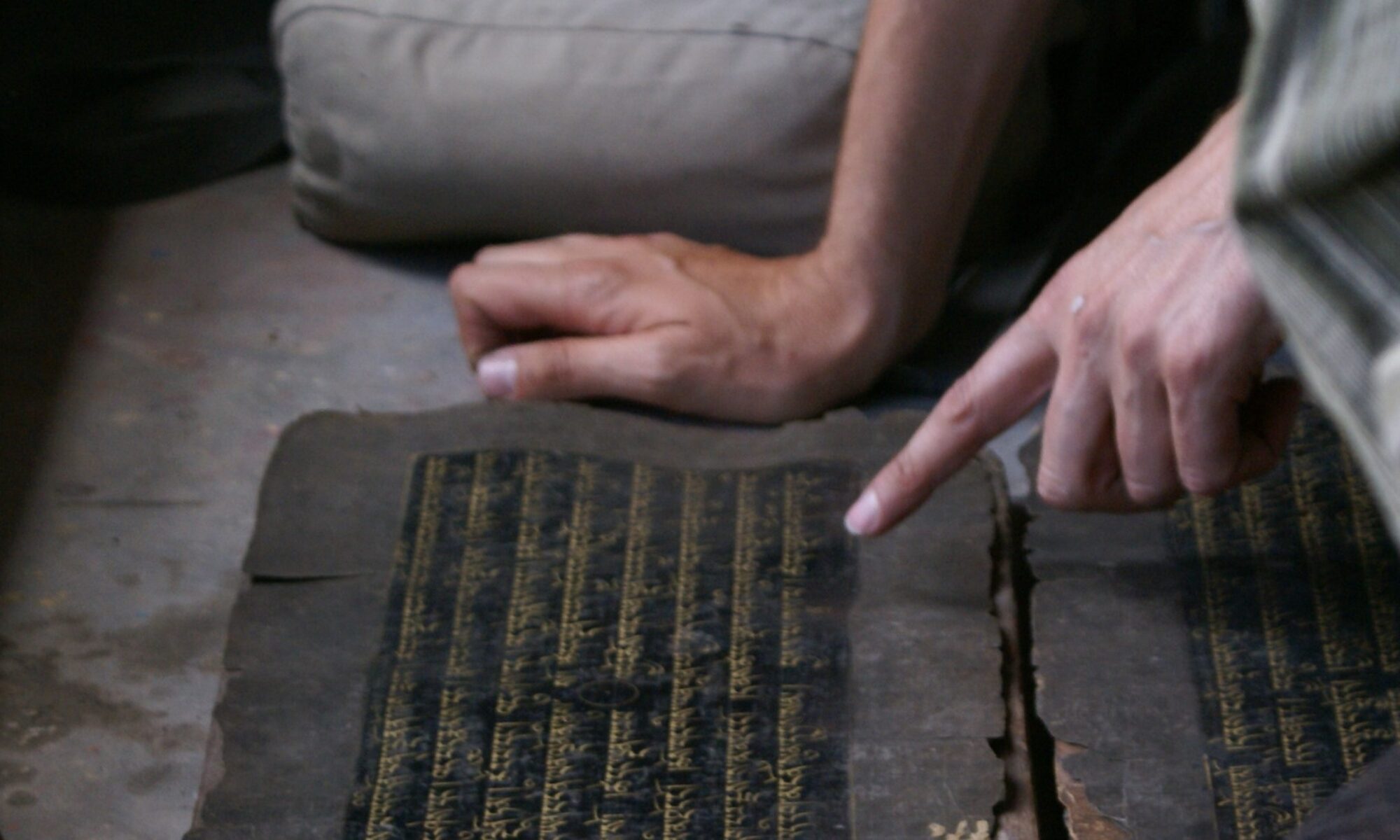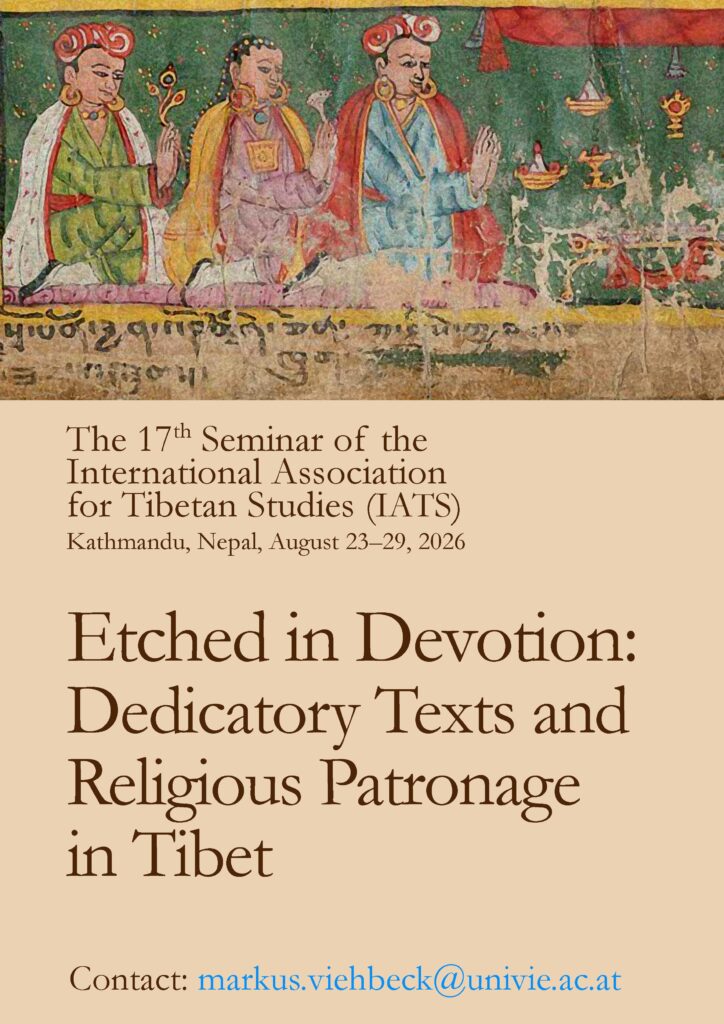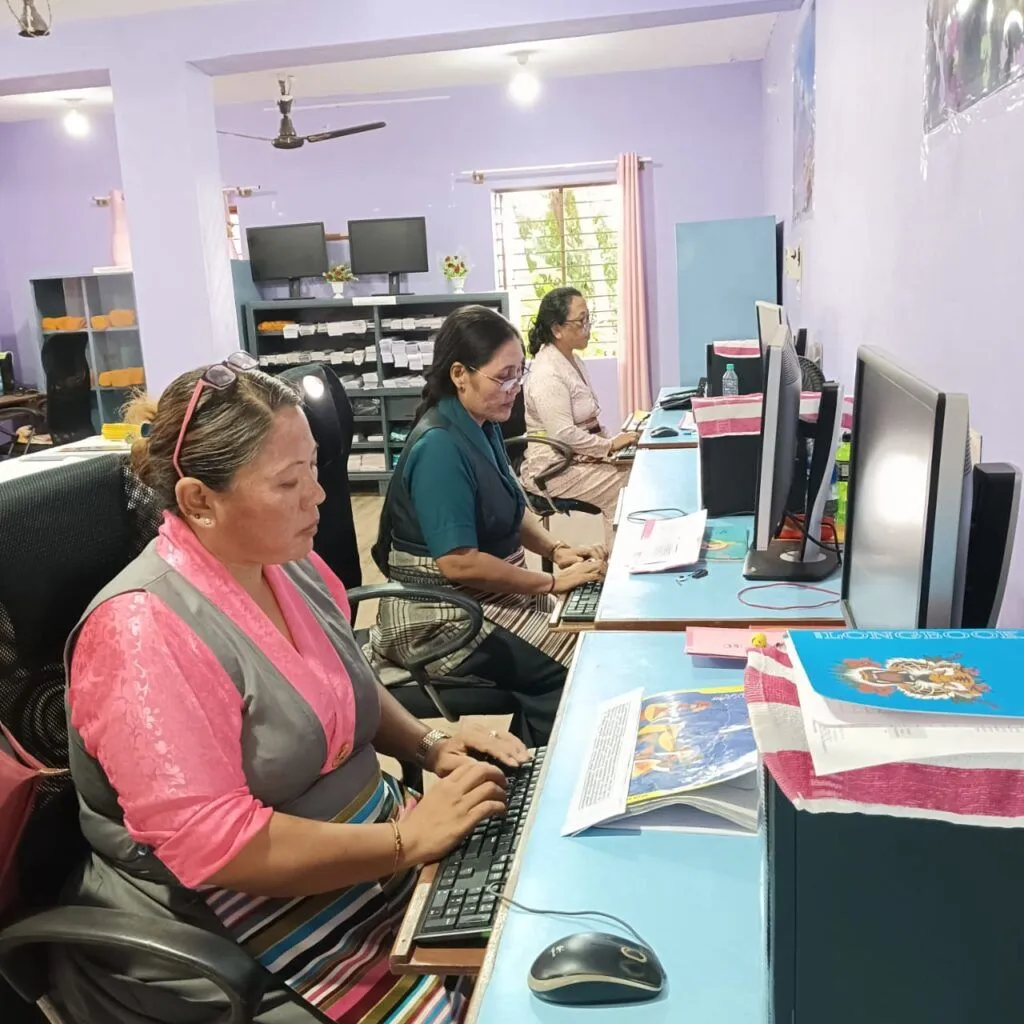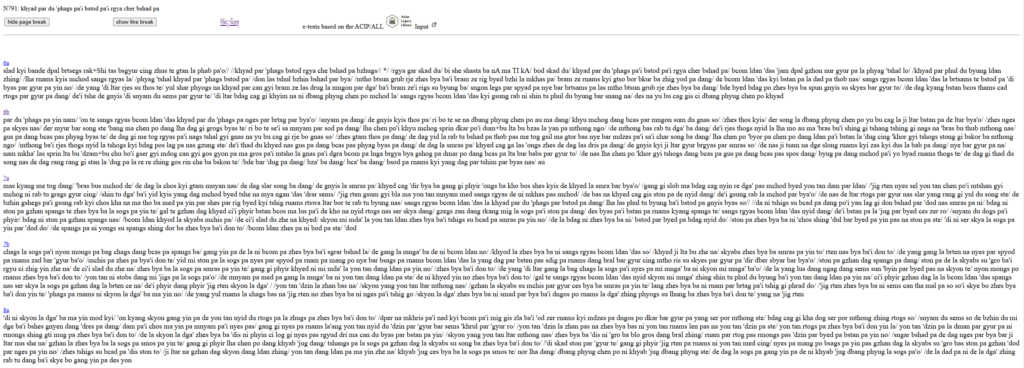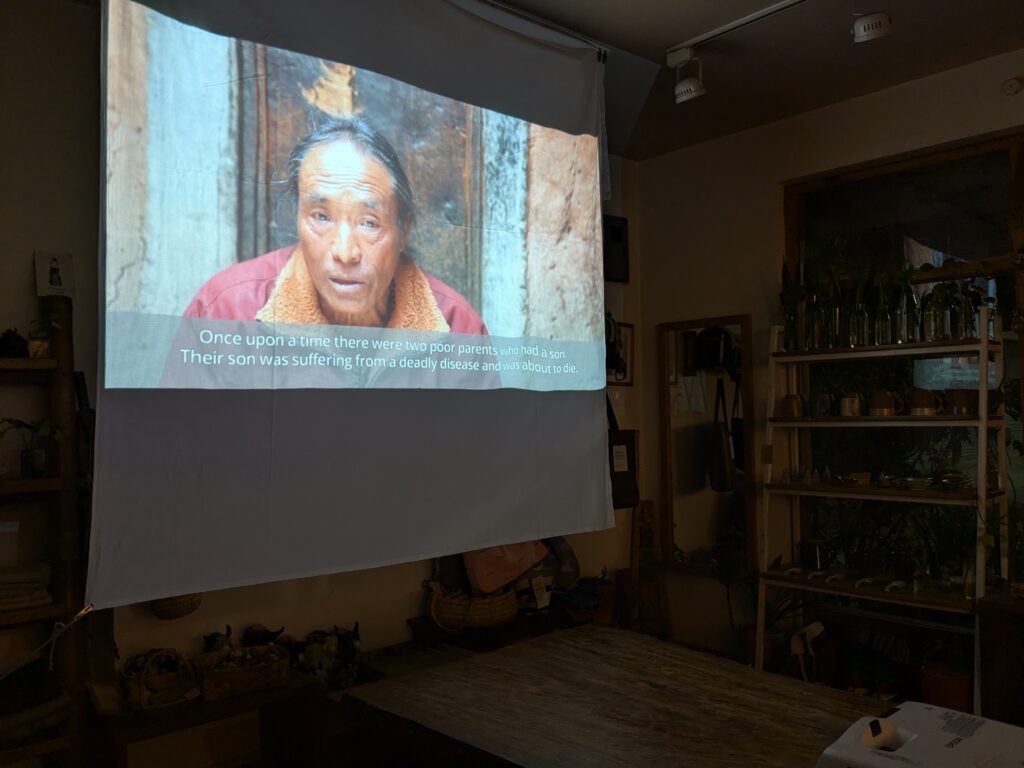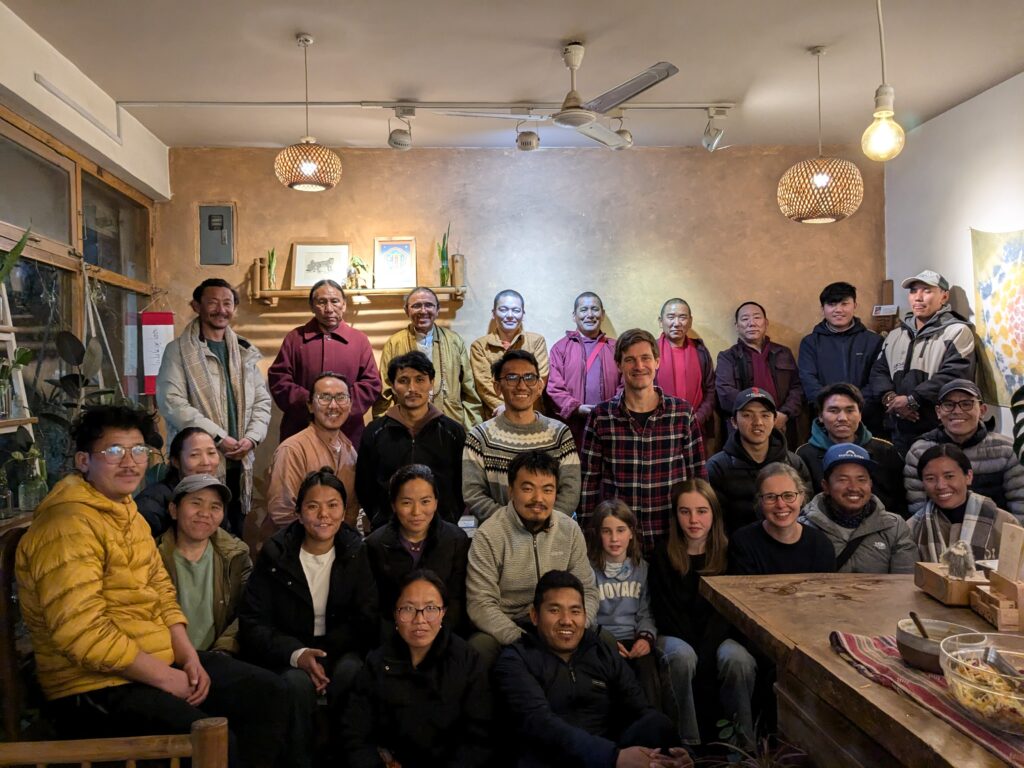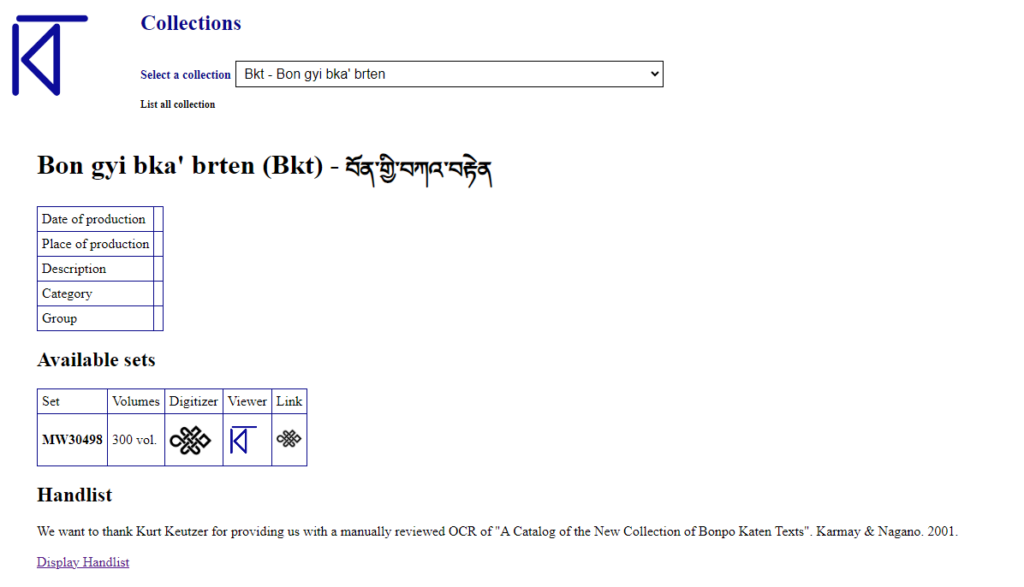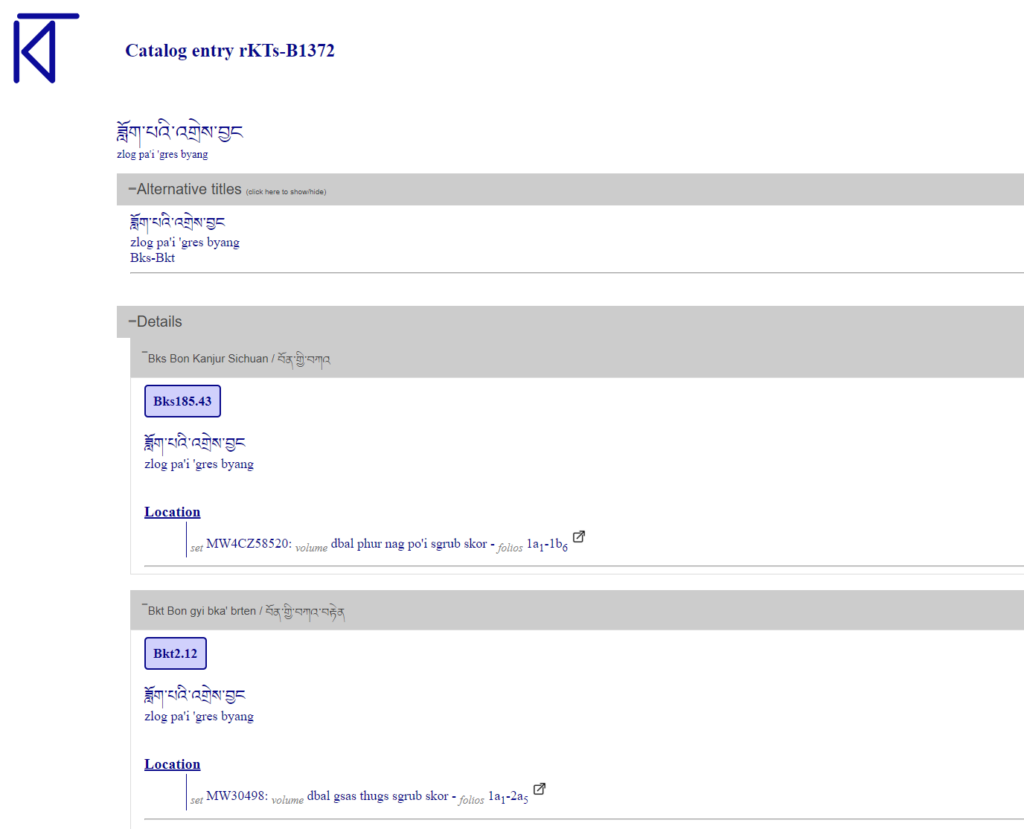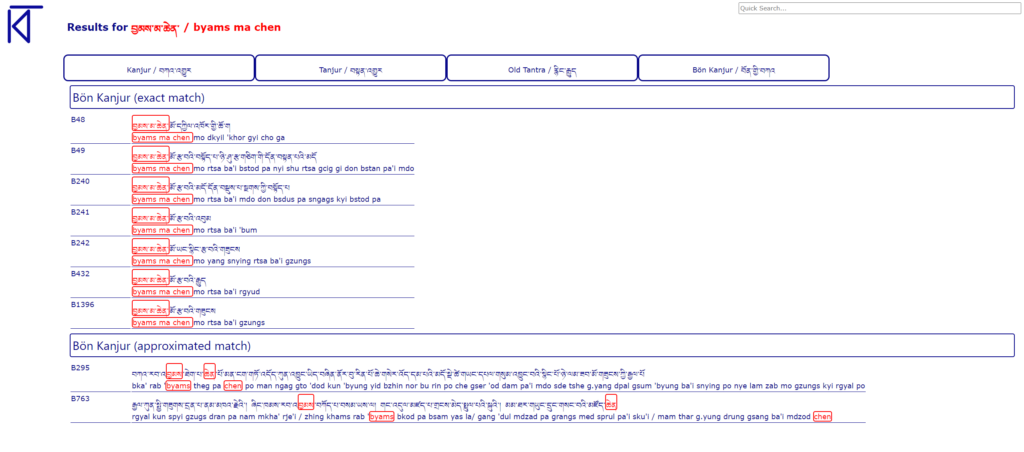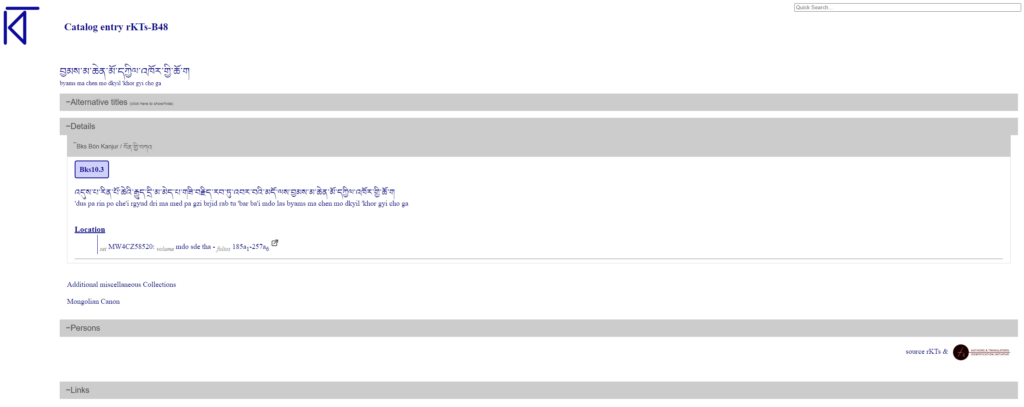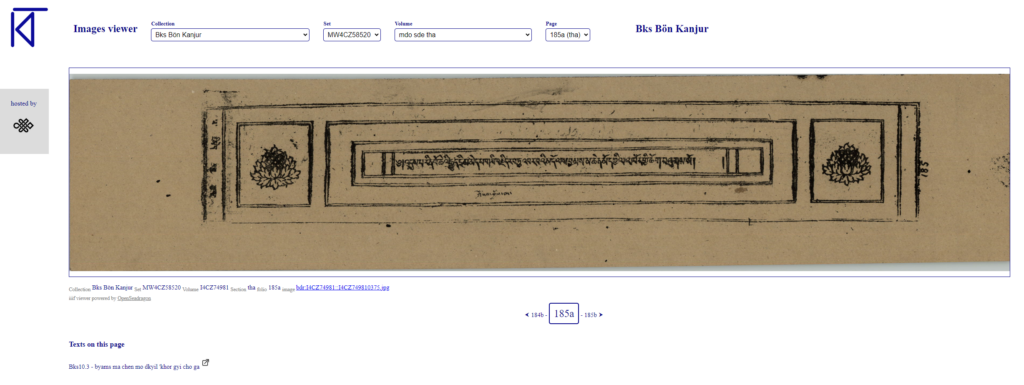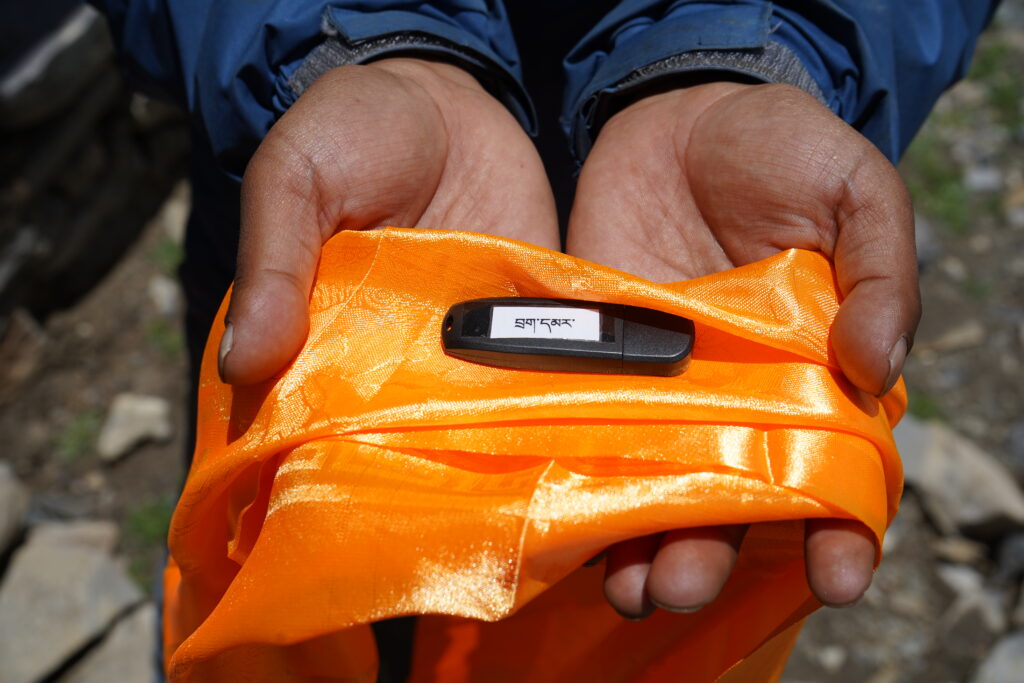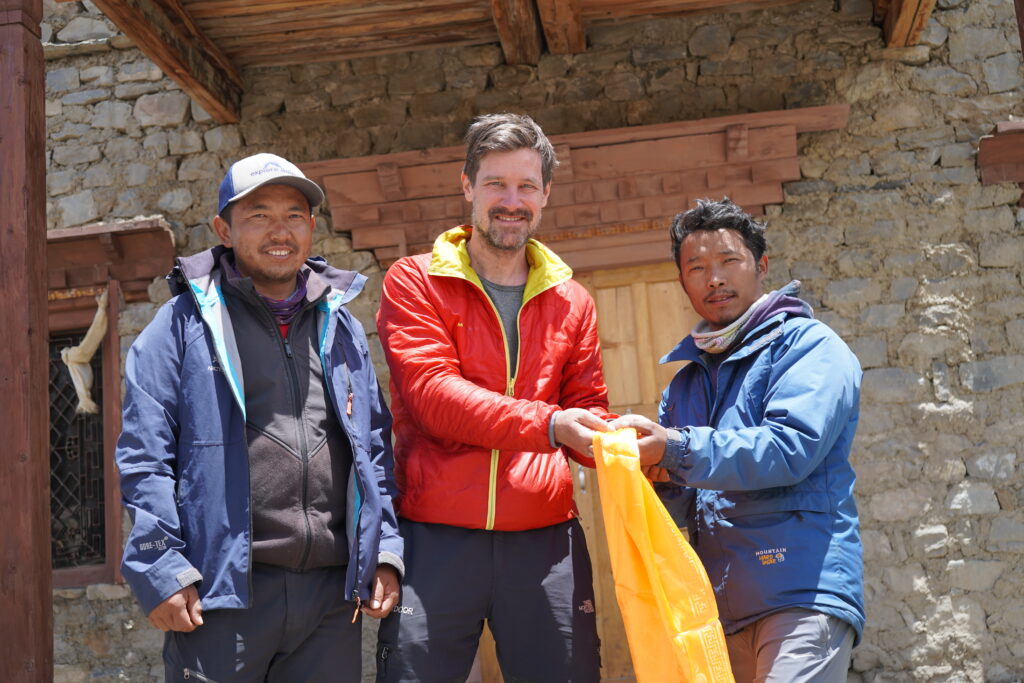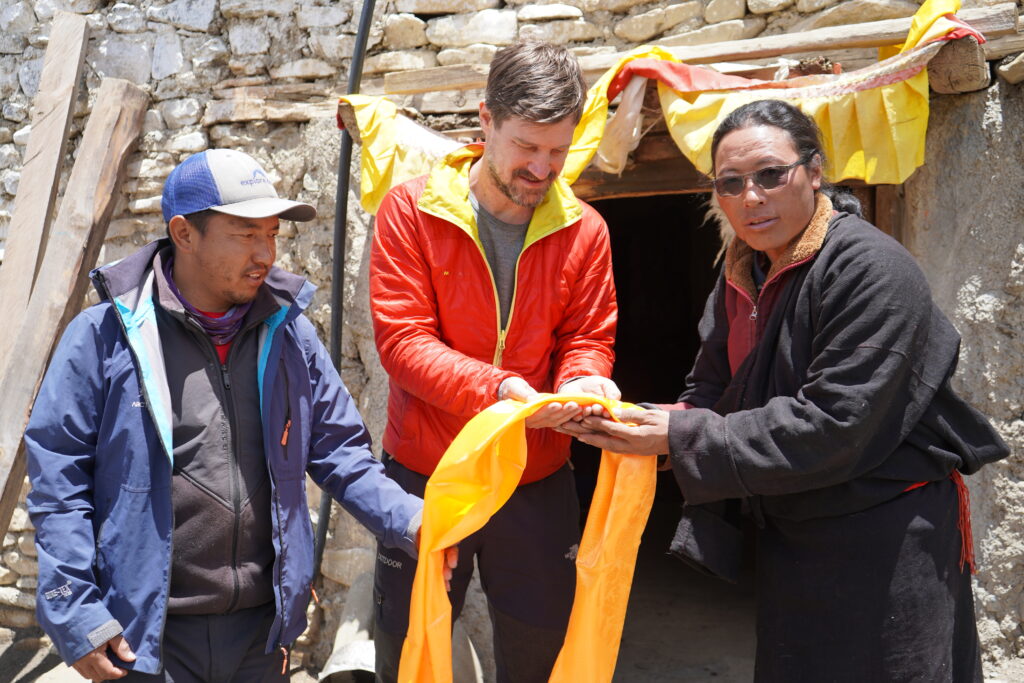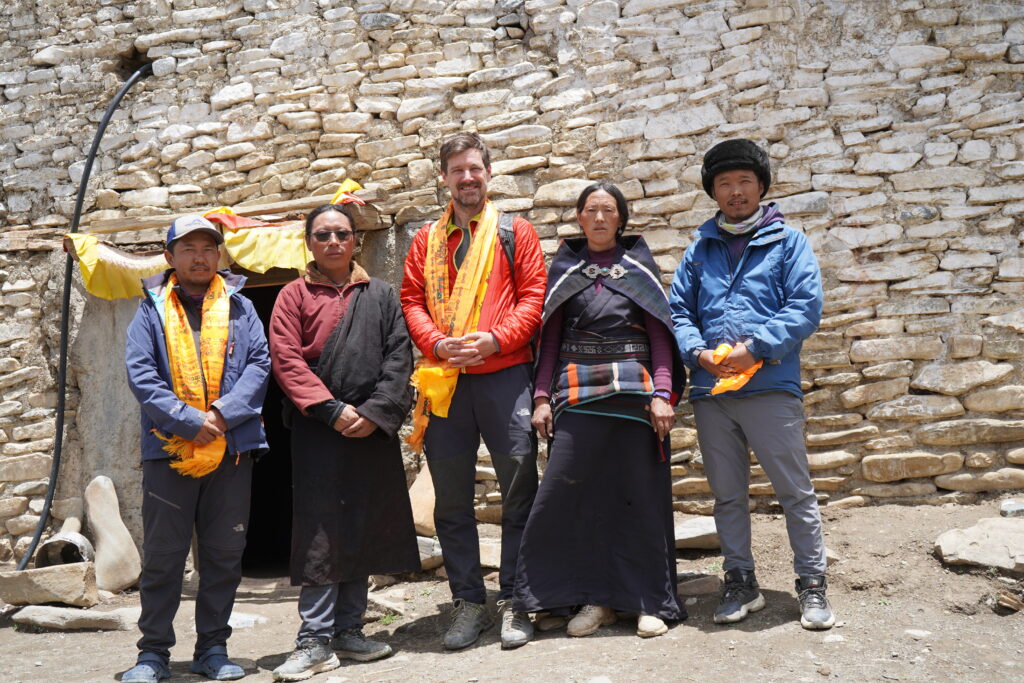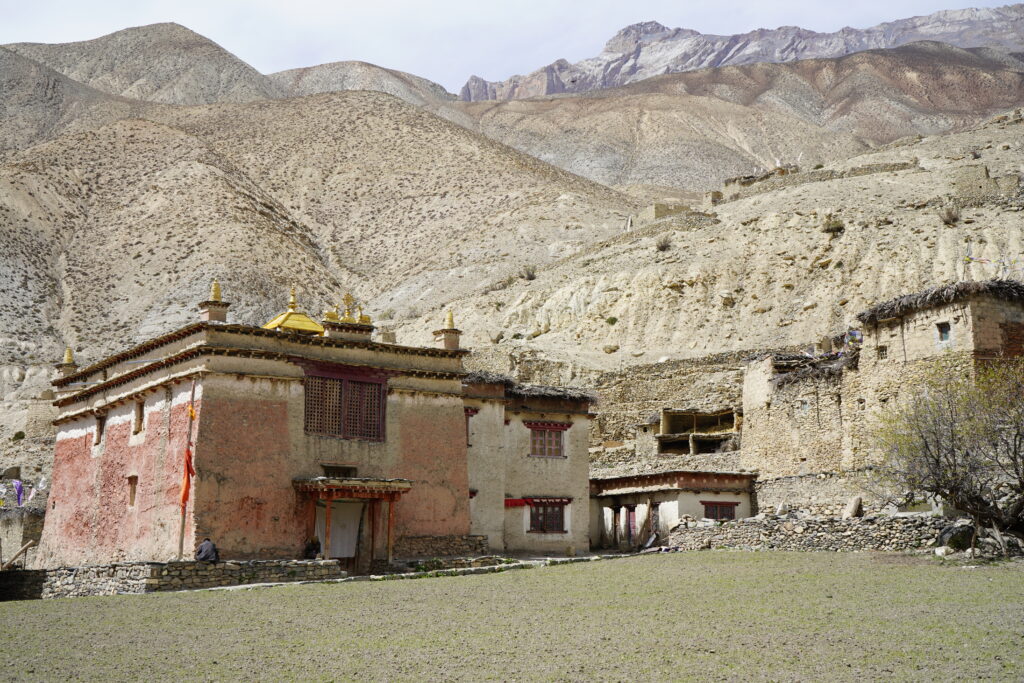Building on the foundation of our previous E-text Viewer, the E-text Lab offers a significantly expanded and redesigned environment for working with our textual resources. At its core are two powerful new search modes:
- Selective Search: Focuses on a curated corpus of representative, high-quality e-texts.
- Expert Search: Enables exploration across the full range of all available e-texts, including those of varying quality and completeness.
To support transparency and scholarly rigor, we have introduced a quality classification system for all e-texts, categorized as:
- Input: Manually entered and reviewed texts (highest quality)
- OCR+: Machine-generated texts with multiple proofreading steps
- OCR: Raw OCR output without further verification
Thanks to the integration of the BDRC OCR Appinto our workflow, we are now continuously producing and gradually releasing new e-texts. These will be available as free downloads in TXT format directly from the E-text Lab.
Additionally, we have enhanced the integration with the Image Viewer to include a citation export feature, allowing users to easily generate and adapt references for their work.
As part of our commitment to open collaboration, we warmly invite contributions from the scholarly community. If you identify errors or have corrected or high-quality e-texts to share, we welcome your input. All contributions will be properly attributed.
